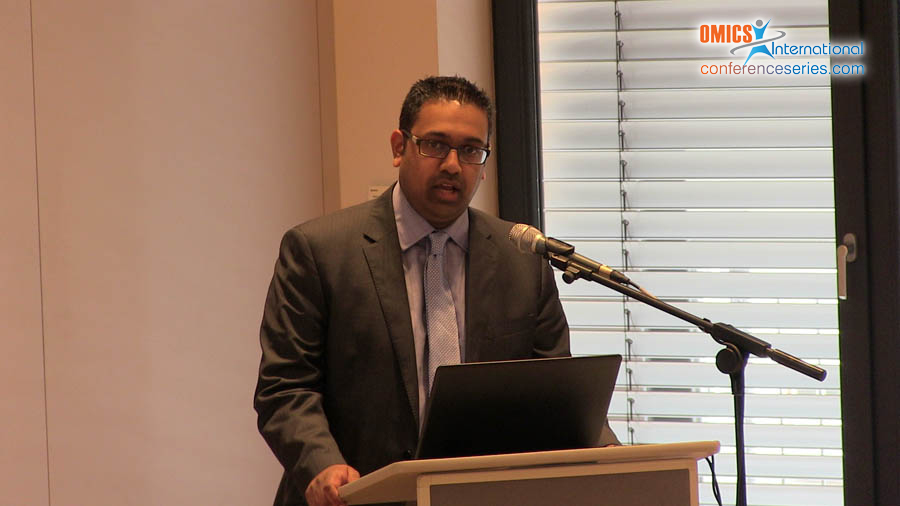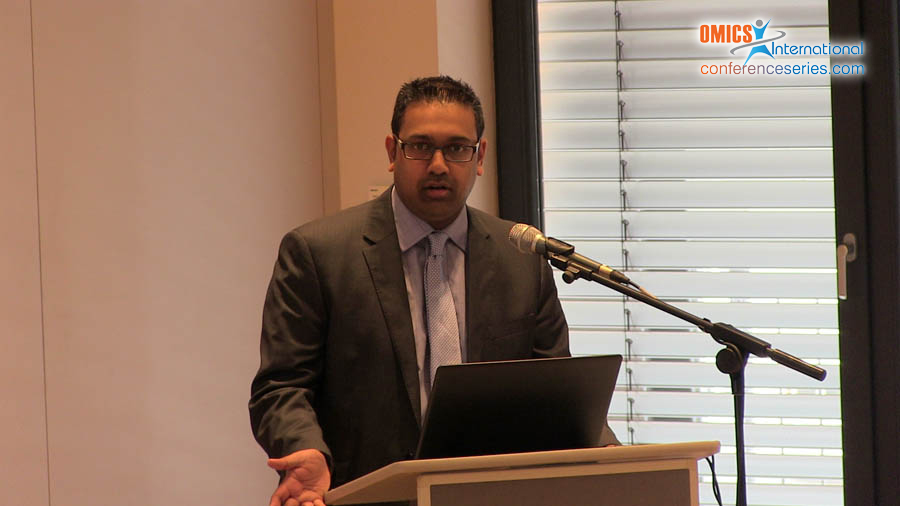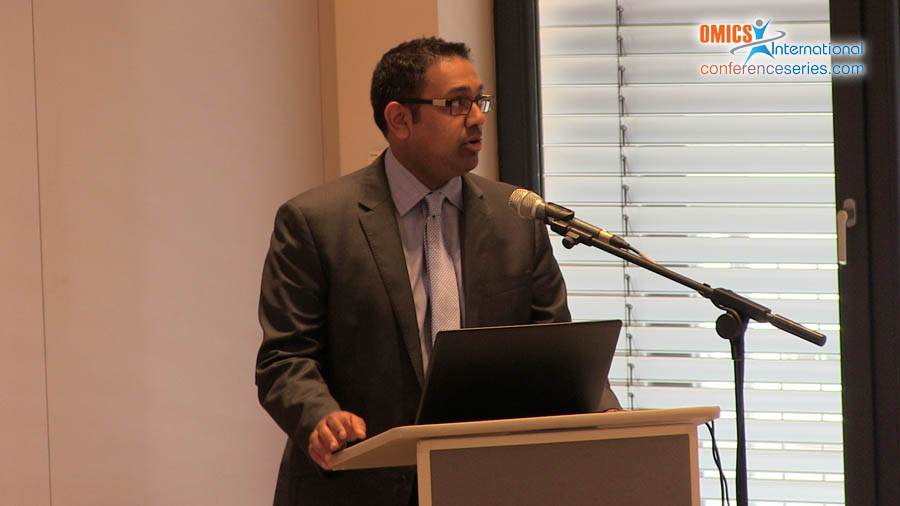
Amalan Karthigeyan
Peterborough City Hospital, UK
Title: The use of pharmacotherapy in the treatment of binge eating disorder
Biography
Biography: Amalan Karthigeyan
Abstract
In treating binge eating disorder (BED), pharmacological treatment has proven beneficial. Multiple antidepressants including desipramine and fluvoxamine have demonstrated a decrease in the frequency of binge eating episodes as well as a decrease in the weight. For example, a placebo controlled trial of desipramine demonstrated a 63% decrease in binge eating frequency and mean weight loss of 3.5 kg for patients on desipramine compared to 16% decrease in binge eating frequency and mean weight loss of 1.2 kg for patients on placebo. Four previously published placebo-controlled trials on the effect of selective serotonin reuptake inhibitors (SSRIs) on BED demonstrated a minimum 50% decrease in the frequency of binges by SSRIs compared to placebos. Studies have also shown that in binge eating disorder, there are abnormalities with serotonin and norepinephrine. Anticonvulsants such as topiramate and zonisamide have also proven beneficial as they have been associated with anorexia and weight loss. One placebo controlled trial for topiramate demonstrated that 64% of patients treated with topiramate stopped binge eating while only 30% of patients on placebo demonstrated this. Both of these particular anticonvulsants act by inhibiting glutamate transmission. Anti-obesity agents including orlistat and sibutramine are also being used. An open trial of sibutramine on 10 obese patients over 12 weeks demonstrated that seven out of the ten patients had a reduction in their body weight while a placebo controlled trial on 60 patients demonstrated decreases in binge eating frequency and body weight. New options for pharmacological treatment such as atomoxetine and acamprosate are also emerging.
Speaker Presentations
Speaker PPTs Click Here





